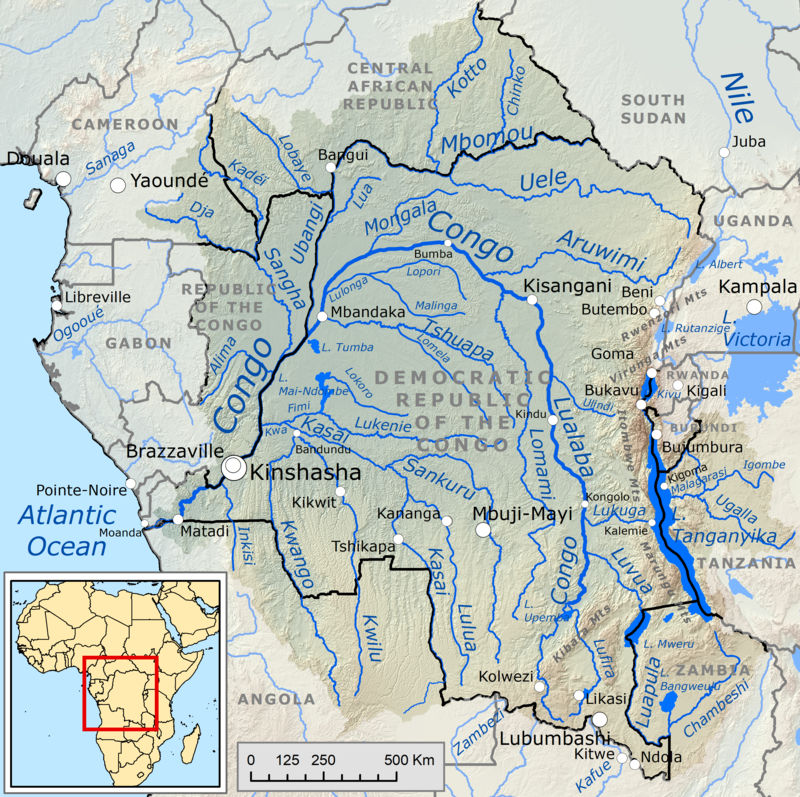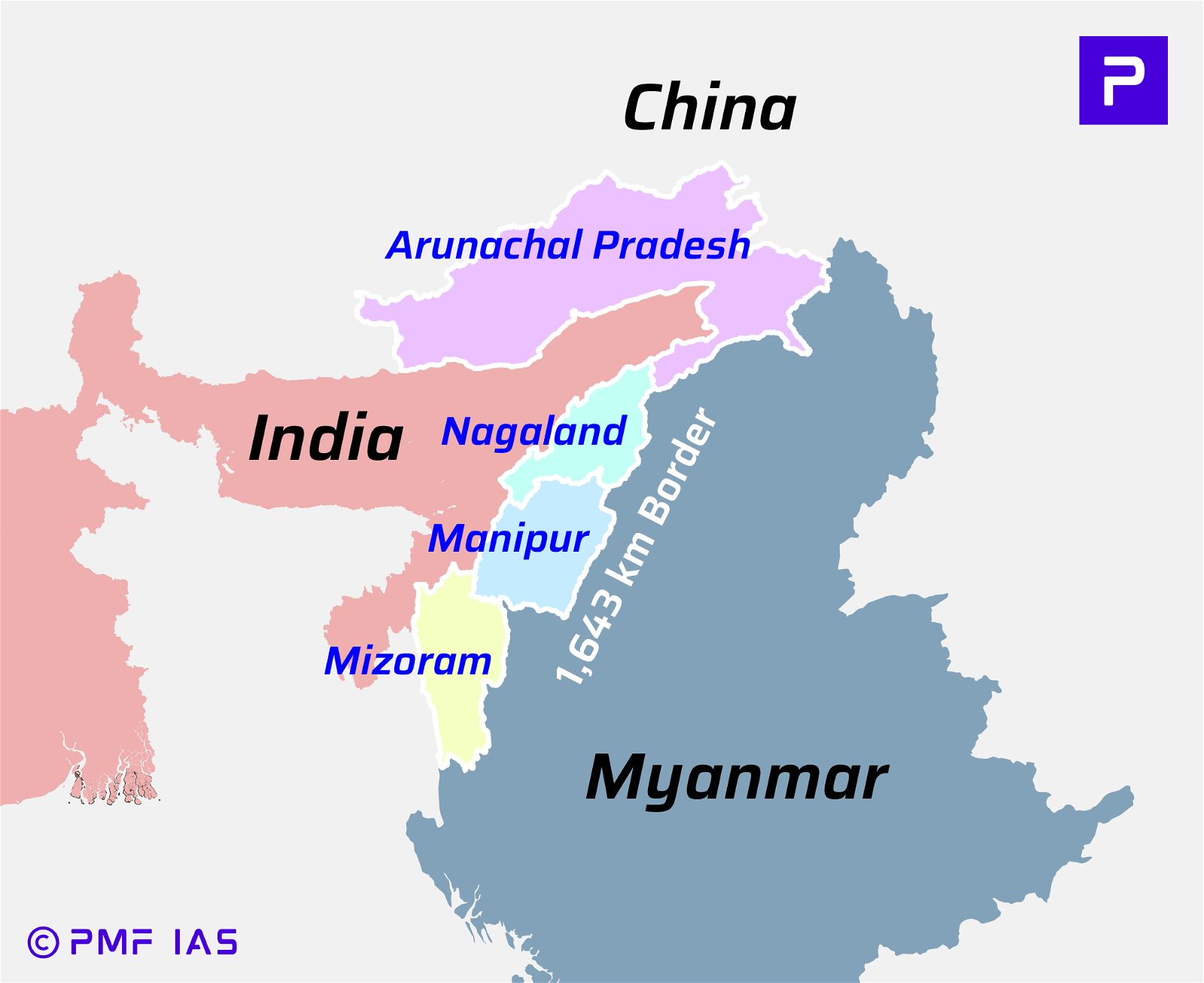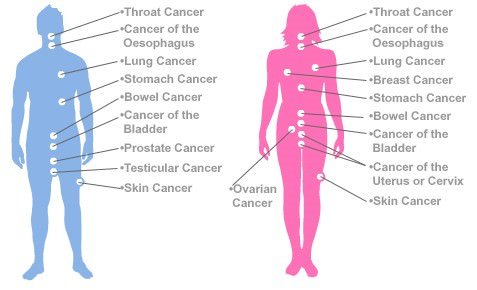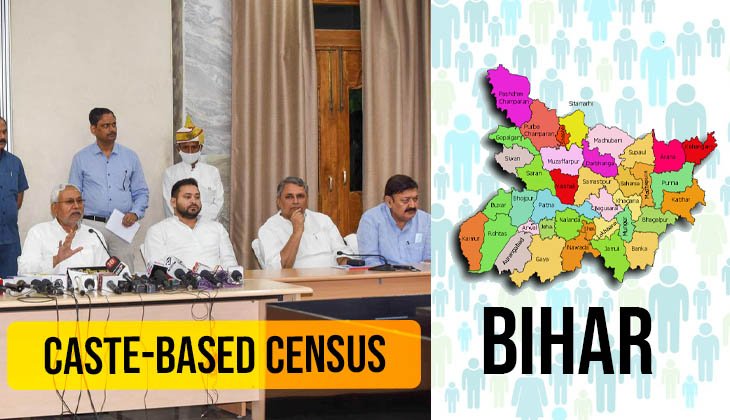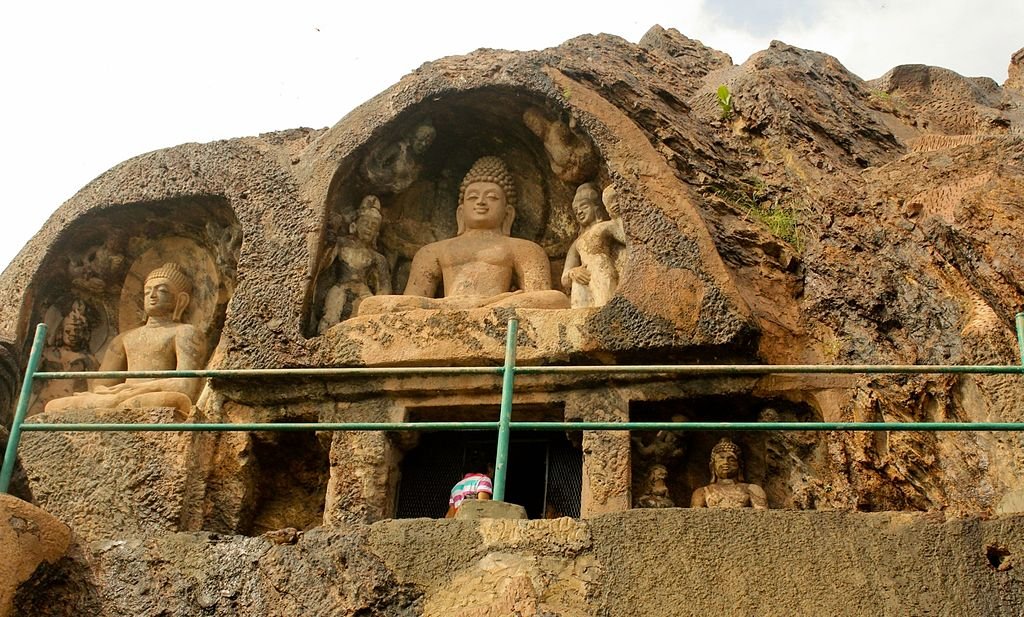
Scheduled Castes and the Scheduled Tribes (Prevention of Atrocities) Act, 1989
Subscribe to Never Miss an Important Update! Assured Discounts on New Products!
Must Join PMF IAS Telegram Channel & PMF IAS History Telegram Channel
Scheduled Castes and the Scheduled Tribes (Prevention of Atrocities) Act, 1989
- Context (TH): A case is filed against an MP for forcing the Nanded hospital dean to clean the toilet. The case is registered under various acts, including SC & ST (Prevention of Atrocities) Act.
- The Scheduled Castes and the Scheduled Tribes (Prevention of Atrocities) Act, 1989 [SC/ST (POA)] was enacted to prevent and stop crimes against SCs and STs.
- It attempts to prevent the atrocities against SC/ST through three broad means:
- It defines certain crimes against SCs and STs as atrocities.
- Establishment of special courts to try cases registered under the POA.
- States declare atrocity-prone areas (areas with high levels of caste violence) and appoint qualified officers to monitor and maintain law and order.
- The act also provides the punishment for offences of atrocities committed against SCs and STs.
- It is implemented by the respective States/UTs. States/UTs are provided due central assistance under the Centrally Sponsored Scheme for effective implementation of the provisions of the Act.
|
Key Features of Scheduled Castes and the Scheduled Tribes (Prevention of Atrocities)
- Offender: Any person who is not a member of SC or ST and commits an offence listed in the Act against a member of SC or ST (victim).
- Investigation: Offences under the Act must be investigated by an officer of the rank of Deputy Superintendent of Police (DSP) or above.
- Constitution of Special Courts: For a speedy trial, the State Government, with the concurrence of the CJ of HC, shall establish in each district a special court to try the offences under this Act.
- Nature and Punishment for an offence:
- All offences listed in the Act are cognisable.
- It also prescribes the punishment for neglect of duties by a public servant who is not a member of the SC or ST.
- It provides enhanced punishment for a subsequent conviction.
- The provision of anticipatory bail under Section 438 of the CrPC is not available to an accused.
- Relief and Rehabilitation: It provides for the relief and rehabilitation of the victims of such offences.
|
Anticipatory Bail
|
Monitoring mechanism at the state level
- To review the implementation of the provisions of the PoA Act. The act mandates the setting up of Vigilance and Monitoring Committees at the:
- State Level under the chairpersonship of the Chief Minister.
- District-level under the chairpersonship of the District Magistrate.
- Sub-Divisional Level under the chairpersonship of Sub-Divisional Level Magistrate.
Monitoring mechanism at the central level
- At the Central Level, a committee under the chairpersonship of the Union Minister for Social Justice & Empowerment has been constituted to review the act’s implementation.
Scheduled Castes and the Scheduled Tribes (Prevention of Atrocities) Amendment Act 2015
- New offences of atrocities were added. It includes:
- Garlanding with chappals
- Denying access to irrigation facilities or forest rights
- Dedicating a SC or a ST woman as devadasi
- Abusing in caste name
- Imposing a social or economic boycott
- It added certain IPC offences attracting less than ten years of imprisonment as offences punishable under the PoA Act.
- Addition of presumption to the offences: If the accused were acquainted with the victim or his family, the court would presume that the accused was aware of the caste or tribal identity of the victim unless proved otherwise.
- Role of Court: An exclusive special court must be established at the district level.
- In districts with fewer cases, a special court may be established to try offences.
- The cases must be disposed of within two months.
- Appeals of these courts shall lie with the HC and must be disposed of within three months.
|
- Role of Officers: It specifies the duties of public servants, including registering a complaint/FIR.
SC’s order diluting the provisions of arrest
Overrule vs Reversal
|
Scheduled Castes and the Scheduled Tribes (Prevention of Atrocities) Amendment Act 2018
- The act was amended to nullify the effect of the SC’s judgment of 2018.
- In the amended SC/ST Act, to file FIRs in cases of atrocities on SC and ST:
- No prior approval is required for appointing authorities for senior police officers.
- Preliminary inquiry is not a must.
Centrally Sponsored Scheme for implementation of the PoA Act
|
Issues with Scheduled Castes and the Scheduled Tribes (Prevention of Atrocities)
- Experts described the Act as an Act with many teeth but seldom bites.
- Policemen have displayed a consistent unwillingness to register offences under the act.
- Although the PoA mandated the creation of Special Courts, only a few states have created separate Special Courts in accordance with the law.
- Merely calling an existing court a special court cannot speed up a trial.
- Judicial bias against Dalits is rampant, and court decisions frequently bear the mark of such bias.
- It does not cover Dalit Christians (converts to Christianity).
- PoA also suffers from a very low rate of conviction.




![PMF IAS Environment for UPSC 2022-23 [paperback] PMF IAS [Nov 30, 2021]…](https://pmfias.b-cdn.net/wp-content/uploads/2024/04/pmfiasenvironmentforupsc2022-23paperbackpmfiasnov302021.jpg)


